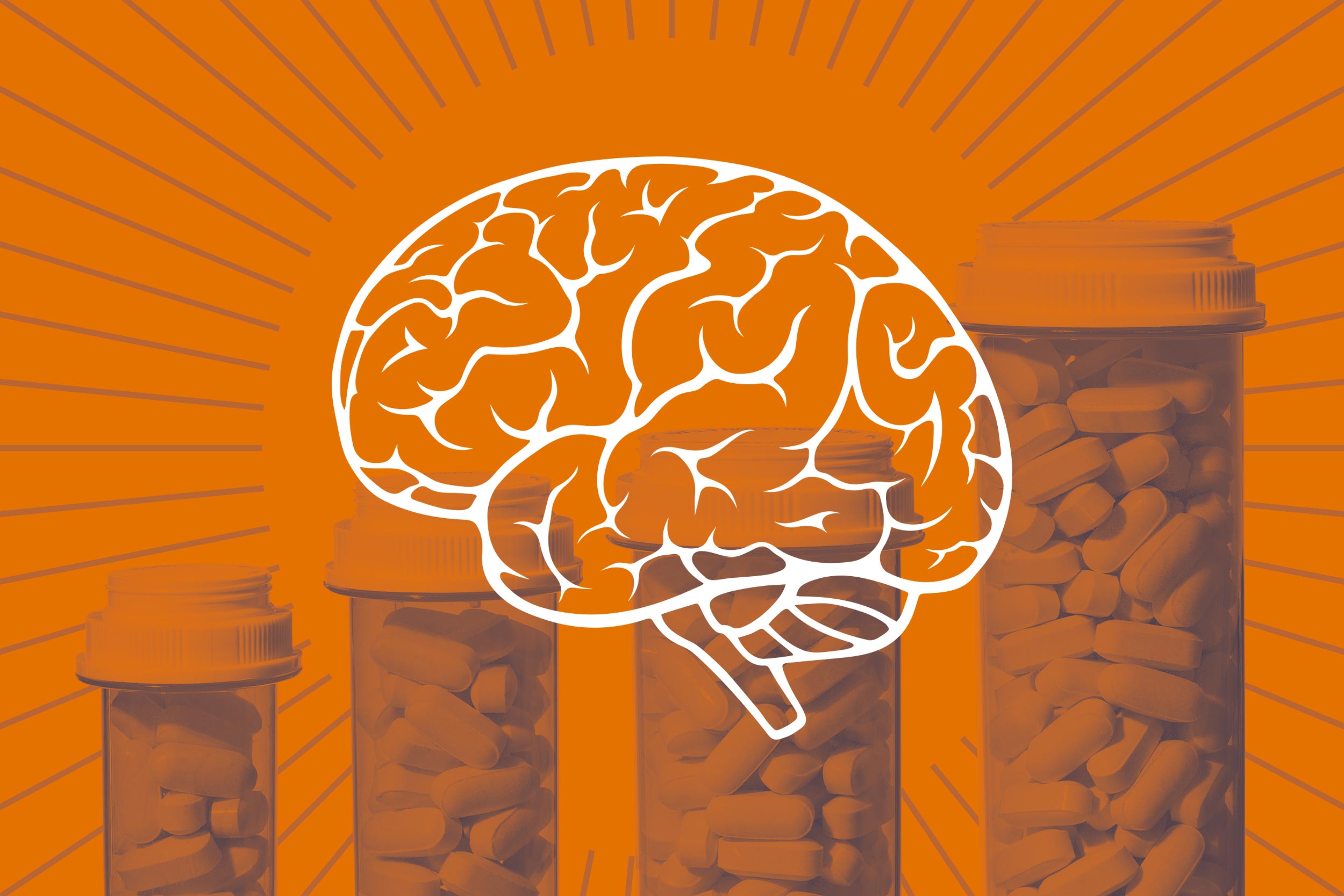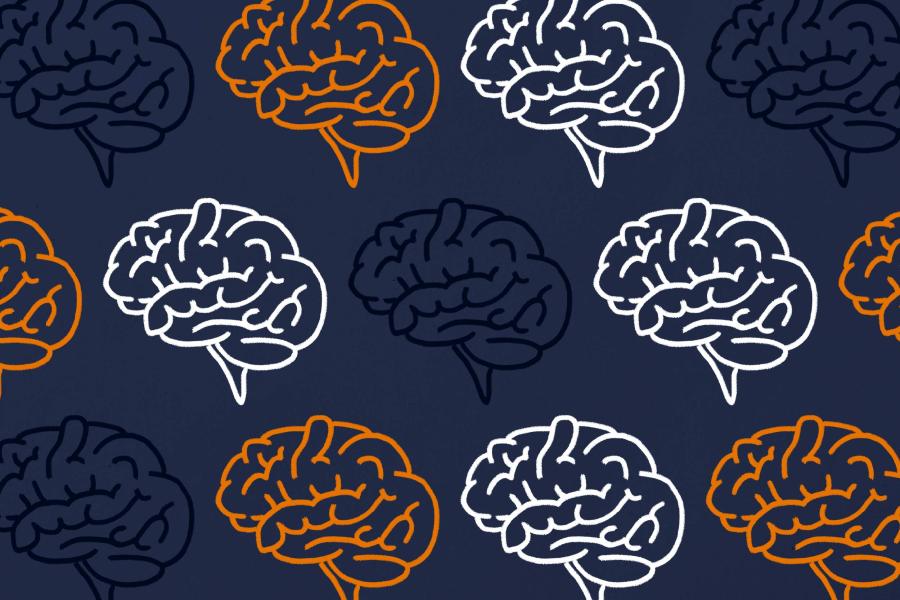UVA Health researchers say drugs used to treat HIV could help prevent a million new cases of Alzheimer’s each year – and they want clinical trials to find out.
UVA’s Dr. Jayakrishna Ambati and his team previously uncovered a potential way certain HIV medications might help prevent Alzheimer’s disease. That promising finding prompted them to analyze two of the nation’s largest health insurance databases, evaluating Alzheimer’s risk among patients prescribed the drugs. In one set of data, the risk of developing Alzheimer’s decreased by 6% every year. In the other database, the annual decrease was 13%.

Dr. Jayakrishna Ambati says their results suggest taking certain medications that block HIV from multiplying “could prevent approximately 1 million new cases of Alzheimer’s disease every year.” (Contributed photo)
“It’s estimated that over 10 million people around the world develop Alzheimer’s disease annually,” said Ambati, founding director of UVA’s Center for Advanced Vision Science and the DuPont Guerry III Professor at the University of Virginia School of Medicine’s Department of Ophthalmology. “Our results suggest that taking these drugs could prevent approximately 1 million new cases of Alzheimer’s disease every year.”
Risk Reduction
Ambati and his team previously found that nucleoside reverse transcriptase inhibitors – medications that block HIV from multiplying – can also block inflammasomes, key components of the immune system linked to Alzheimer’s. The researchers wanted to see if patients taking those inflammasome-blocking drugs were less likely to develop Alzheimer’s.
To do that, researchers, supported by the UVA Strategic Investment Fund, the National Institutes of Health, the DuPont Guerry III Professorship and Mr. and Mrs. Eli W. Tullis, reviewed 24 years of data from the U.S. Veterans Health Administration Database – made up heavily of men – and 14 years of data from the more diverse MarketScan database of commercially insured patients. They focused on patients older than 50 and taking NRTIs for either HIV or hepatitis B, excluding anyone who was already diagnosed with Alzheimer’s.










